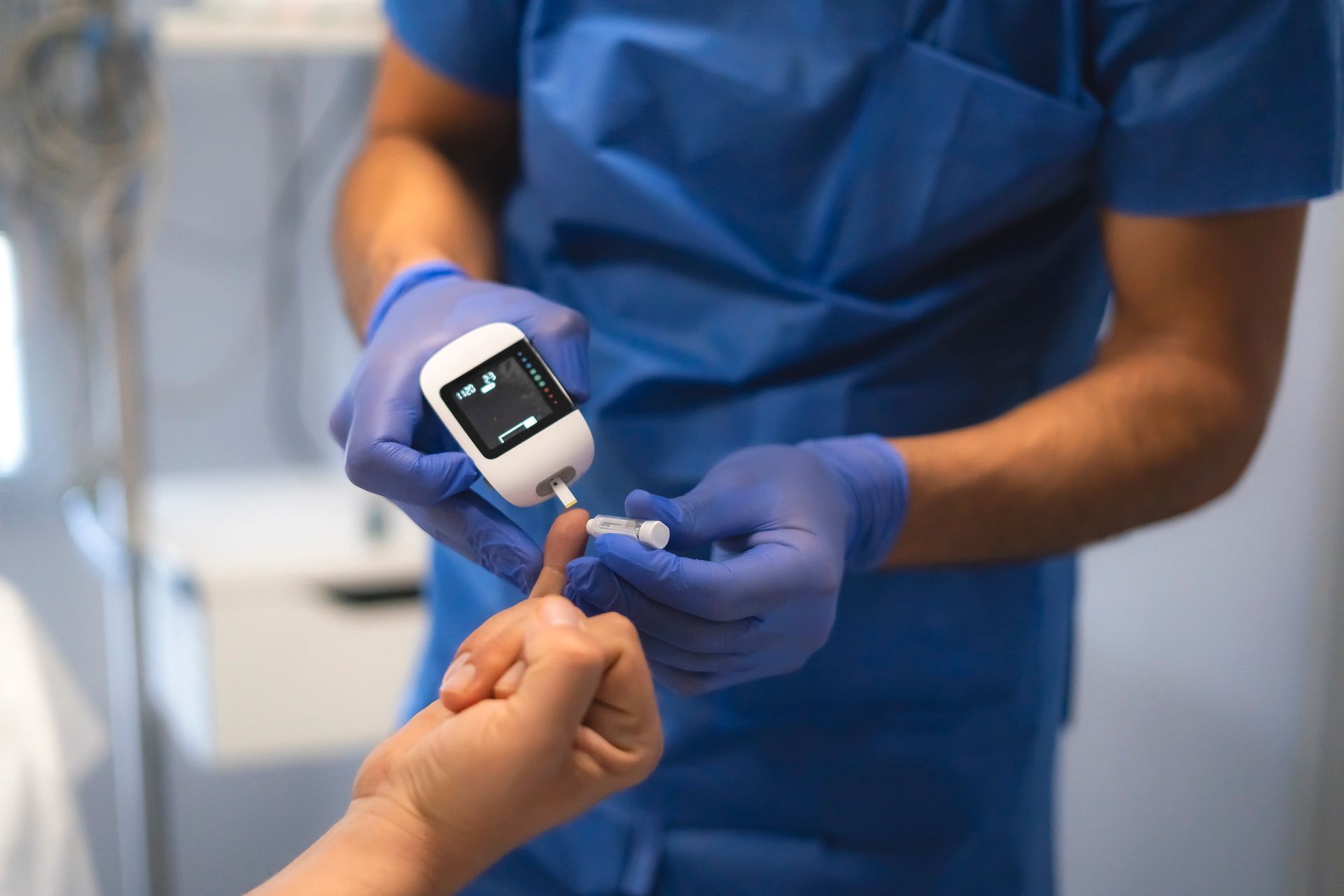Understanding COPD: Diagnosis and Treatment in Modern Medicine

Chronic Obstructive Pulmonary Disease (COPD) is a prevalent and serious lung condition that affects millions worldwide. Understanding COPD, its symptoms, and treatment options is crucial for those affected and their loved ones. At Pax Internal Medicine Associates led by Dr. Amanambu, we are committed to providing comprehensive care and the latest information on COPD management.
Signs and Symptoms
COPD typically manifests through a range of symptoms that can often be mistaken for less serious conditions. Common signs include persistent cough, shortness of breath, wheezing, and frequent respiratory infections. If you notice any of these symptoms, especially if they persist or worsen over time, it's essential to seek medical advice promptly.
Diagnostic Procedures
Diagnosing COPD accurately is vital for effective treatment. At our clinic, we utilize a variety of diagnostic methods. Spirometry, a simple breathing test, is the most common and effective tool for diagnosing COPD. It measures the amount and speed of air a person can inhale and exhale. In some cases, imaging tests like chest X-rays or CT scans are also used to assess the extent of lung damage.
Current Treatment Approaches
While COPD is a chronic condition with no cure, there are numerous treatment options available to manage its symptoms and improve quality of life. Treatment plans often include medications such as bronchodilators and steroids to reduce inflammation and open airways. In addition, pulmonary rehabilitation therapy can significantly help patients. This therapy combines exercise, education, and support to teach patients how to breathe more efficiently.
Living with COPD
Living with COPD requires lifestyle adjustments to manage the condition effectively. Quitting smoking is the most crucial step for those who smoke. Regular physical activity, even gentle exercises like walking, can strengthen the respiratory muscles. Breathing exercises and proper nutrition also play a key role in managing COPD. Dr. Chimezie Amanambu, provides tailored advice and support for each patient's unique situation.
Early diagnosis and consistent treatment are key to managing COPD effectively. If you or a loved one is experiencing symptoms of COPD, it's important to consult with us at Pax Internal Medicine Associates. With personalized care plans and the latest treatments, living with COPD can be manageable, allowing individuals to lead fulfilling lives.
Breathe easier. Schedule an appointment today.


